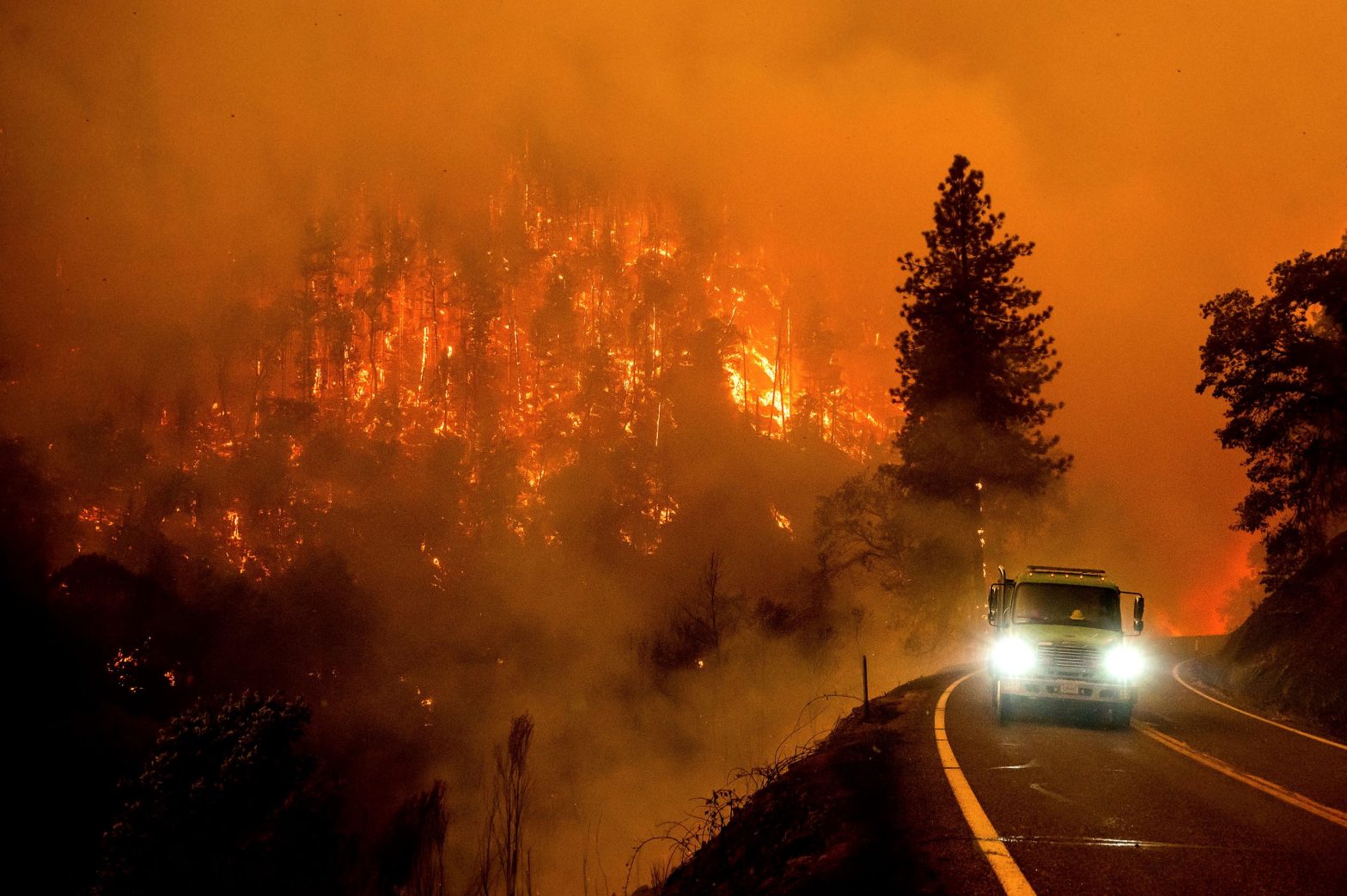House Approves Bill to Fight Fires Raging Across Western States

WASHINGTON — The heat wave hanging over Western states during the weekend turned a northern California wildfire into the state’s biggest of the year while firefighters continued battling it Monday.
The raging McKinney Fire also is giving political momentum to a wildfire response bill approved by the U.S. House on Friday.
The package of 49 bills in the Wildfire Response and Drought Resiliency Act would increase the federal share of post-fire recovery funds and authorize $1.5 billion for irrigation infrastructure to manage the worst drought in thousands of years.
The House approved the bill by a 218-199 margin but it faces a more uncertain fate in the Senate.
“We need to get serious about our approach to wildfires to protect people’s lives, their homes and our natural resources,” said Rep. Ed Perlmutter, D-Colo., in a statement.
Colorado traditionally has ranked behind California for suffering some of the nation’s worst wildfires but remains at high risk.
“It’s long past time Congress took the issue of climate change and wildfires seriously, and this package is a big step forward in ensuring we can better prepare for and respond to these worsening threats,” Perlmutter said.
Some Republicans are casting doubt on the bill’s emphasis on improving firefighting. They suggest a better alternative might be to thin forests susceptible to fires through more extensive logging.
Other provisions in the Wildfire Response and Drought Resiliency Act would increase firefighter pay to at least $20 per hour and provide financial relief for victims of wildfires and droughts.
Another $500 million would pay to preserve reservoirs whose waters are dropping to record low levels. They include Lake Mead, which was formed 24 miles east of Las Vegas, Nevada, by the Hoover Dam on the Colorado River.
It is the largest U.S. reservoir, providing water to Arizona, California and Nevada, but now in danger of drying up as drought drains it.
The bill also would turn the Forest Service’s current 10-year plan into law. The plan calls on the Forest Service to remove dry brush and other potential wildfire fuel from 20 million acres of national forests and grasslands and another 30 million acres on state, local, private and tribal lands.
“Wildfire and drought are two existential threats for the Western United States, particularly California,” said Sen. Dianne Feinstein, D-Calif.
As members of Congress voted approval of the bill, about 73 large fires burned across the West, according to the National Interagency Fire Center. Together they scorched more than 3 million acres.
“As climate change gets worse and temperatures rise, we know that droughts will become more destructive and wildfires more deadly,” Feinstein said.
The next action on a companion bill is planned to take place in the Senate Energy and Natural Resources Committee this year. No date has been set for it.
Tom can be reached at [email protected] and @TomRamstack

























